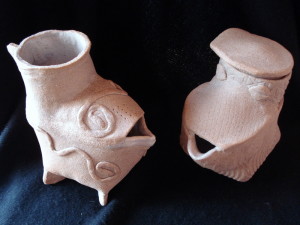Фиша: Фроги, за закуска ще ти направя попара.
Фроги: Ама каква попара?
***
Тази сутрин Гари направо ме хвърли в оркестъра, като ми обясни как би превел думата „попара“ на английски.
This morning Gary blew me away when he suggested to translate “popara” as a “graveyard or bankruptcy stew.” Not because it is far from the truth but because it will never cross my mind to think of popara from thе perspective of the graveyard.
Popara was a typical Bulgarian breakfast in the near past that was made from broken up bread (often “expired”), hot tea, butter, feta cheese and sugar, sometimes includes milk and sugar, or may only consist of bread and wine – in some villages. “Popara” in all forms was to many the most delicious breakfast. That’s way the suggested translation „ме хвърли направо в оркестъра“.
„Хвърлям в оркестъра“ literally means to throw somebody into the orchestra. This is a jargon expression for a surprise (for to surprise somebody, or for being surprised). It may be translated as “to blow somebody away”.
I shared this note about graveyard/bankruptcy stew with my students in Seattle. Сега аз ги хвърлих (тях) в оркестъра. Now I “threw them in the orchestra.” They never heard such an expression. They opened their phones and typed “попара“ in the dictionary box. The suggested translation was: “sop(s)”; “milk-sops.”
I would suggest another phrase/expression to this definition and the examples that follow: „Недей учи Варвара как се прави попара“.
“Don’t teach Varvara how to make popara.”
